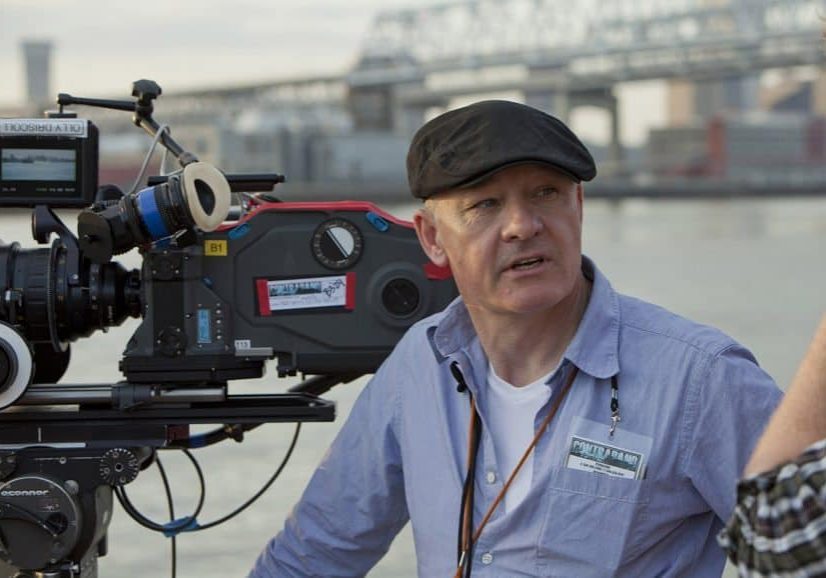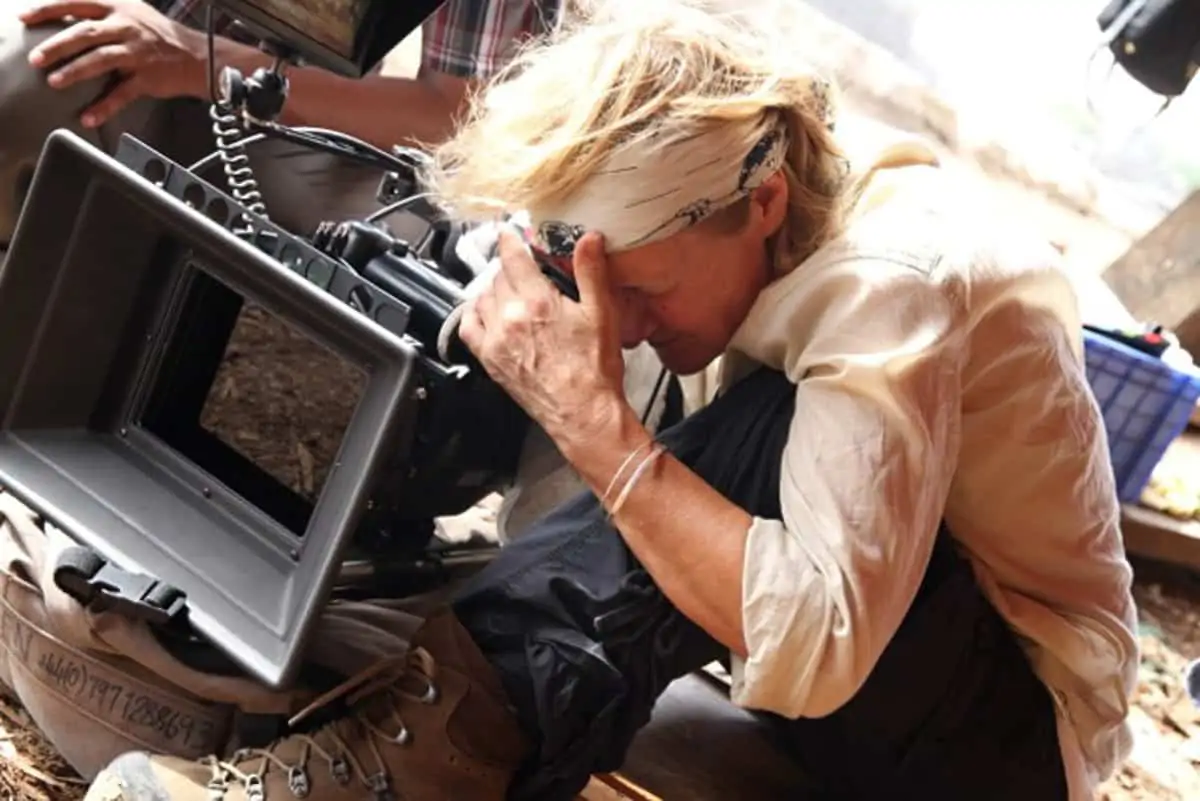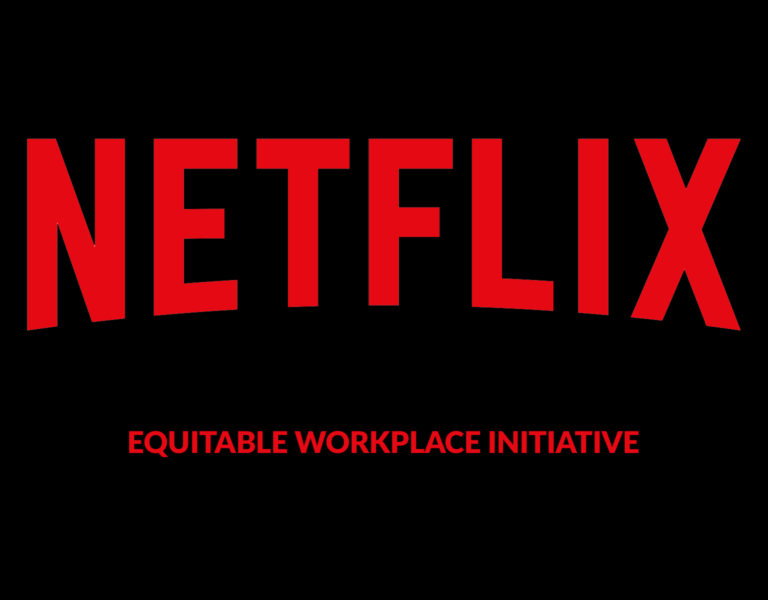Diversity - the spice of life
President's perspective / Barry Ackroyd

Diversity - the spice of life
President's perspective / Barry Ackroyd
The diversity storm that stirred this year’s Oscar ceremony has already begun to ring the changes. But who would have thought that the first responder would have been Thomas The Tank Engine?
Yes, quick to get up a full head of steam, Thomas has rounded-up a global shunting yard of engines to appear in his new movie. They include Asima from India, Yong Bao from China and Raul from Brazil – with a total of 14 nations represented. All looking a little bit stereotypical, but who am I to say? So I shouldn't really mention perhaps the obvious omission of any representative trains from Africa or the Middle East. But, as Abraham Lincoln said, "You can't please all the engines all the time.” I guess that's just an oversight, although the inclusion of the newly-developing markets of Brazil, India, Russia and China might suggest differently. Perhaps it just points out the vagaries of the huge task being taken on by both BAFTA and AMPAS regarding diversity.
Is the issue simply that it's the awards ceremonies themselves that should be more diverse and representative? Or is the question how are things to change? What if it was possible to alter the demographic of moviemaking – more women writers, or cinematographers? Change a lead actor from a white male to African American? Interview people of different race, colour, gender or sexual orientation for positions in each department? Fill the key posts with anyone who is not white and male. In short, give more chances to those who get overlooked. This, of course, is to be applauded, Bu if this is all that happens, nothing really changes. It's a juggling act, an illusion.
The more important issue is that, over the last decade, the world has become more diverse and, on the whole, more tolerant. As we know, Europe and North America are heading towards a more culturally-diverse future, hopefully heading to a point where there is more equality and opportunity.
However, the opposite trend has happened at the corporate level. Fewer and fewer organisations now own the largest slice of the pie, meaning things are less diverse at the top. Not only do the few get fewer, but a recent report from UCLA* also shows that all top executives at the major film corporations are 100% male and 94% white. I presume they don't intend to replace themselves, which to me suggests that this problem of diversity is something that will not go away.
At the same time, that same UCLA report also shows that diversity in films is actually more profitable, or as they put it "diversity sells". People want to see films that are connected to their reality and as the report goes on to say, “… the situation won’t be addressed with quick fixes. It will require bold gestures that disrupt industry business-as-usual, which not only adjust the optics in front of the camera but also overhaul the creative and executive machinery behind it.” Meaning, things need to change at the top.
In theory there should be no problem with opening up to diverse cinema, but the main obstacle standing in its way is the system itself. As corporations strive for control, and for a more globalised world, fewer individuals get to control the content and the distribution of films. Fewer voices means less change, less diversity, less opportunity. Diversity is unquestionably a necessity. It's just that I can't see that it's going to happen through the trickle-down methods of the studio-dominated industry.
BAFTA and AMPAS are being used to relieve the pressure on our industry, in some form of tokenism. Replacing white actors for black or Asian, including more female or gay and transgender characters in a film, could happen. Yet if the films themselves remain the same, i.e. nostalgic remakes, sequels, spin-offs from comic book storytelling, with tagged on faux philosophies, films with tired formulas, then that isn't going to work. That isn't diversity.
Diversity comes from the real opportunity to express fresh ideas, to create the new, using the skills and ideas of the many. It come from giving genuine opportunity to a truly diverse community, to an idea that will rise from a strong independent film culture.
Diversity already exists. It is called World Cinema – a properly-funded, diverse and independent cinema that gives opportunity to all sections of society, opportunity for social mobility as well as gender, class and race. This is the answer.
The idea of a trickle-down change from top-to-bottom only shows that those at the top just don't want to lose their grip. They have no intention of making the necessary changes that will alter the status quo. The franchises that own and control the vast majority of the distribution of movies – the movies which in turn make the US studios the No.1 producers of global content and consequently generate the largest box office revenue and which take the handsome tax relief offered from Britain and other parts of the world – these are not the organisations to offer diversity.
Diversity and opportunity go hand-in-hand. Unless we can ensure that opportunity of expression and all aspects of our lives are represented, unless we have the funding and the network to produce our own independent films that are fully rounded, which reflect truly diverse content made by people who are not part of an already stale establishment, only then can we claim to have a diverse and representative culture of filmmaking.
As cinematographers I know we will play a major part. But if things don't change cinema will remain tongue-tied and colour-blind. Long live cinema!
Barry Ackroyd BSC
President
British Society OF Cinematographers
* Ralph J Bunche Center for African American Studies at UCLA “2015 Hollywood Diversity Report: Flipping The Script”










